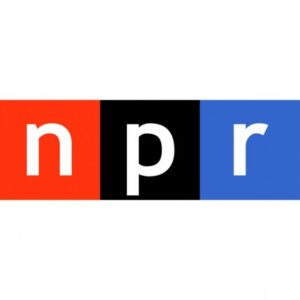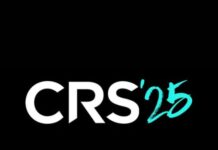
National Public Radio is seeking more from the FCC in support of increasing local content from public radio stations. NPR is speaking out in response to a recent NPRM aimed at encouraging broadcasters to offer more locally originated programming.
“With the continued decline of local newspapers, broadcasters are seen more than ever as essential, trusted, local news providers,” said NPR, in its filing. “The primary need for public radio stations is more funding. Absent additional funding, the Commission could help public radio stations stretch their resources further by reducing reporting requirements when appropriate.”
These concerns were echoed in religious non-commercial broadcaster Educational Media Foundation’s comments on the same issue, filed by Wilkinson Barker Knauer, LLP’s David Oxenford.
NPR distributes content to about 1,100 noncommercial public radio stations across the United States, in addition to digital platforms.
The FCC’s NPRM would provide priority staff review for processes like renewals, transfer, and assignment applications to licensees that certify their station provides an average of at least three hours of locally originated programming each week. Many of these processes do not apply to non-commercial broadcasters.
NPR outlined several recommendations for the FCC to better support public radio’s mission, including expanding the reach of public radio to underserved audiences, preserving public radio services, and relaxing compliance requirements under certain conditions to help public radio stations maximize their limited resources.
First, the comment suggests the adoption of policies that would help increase the coverage of public radio stations, especially in rural and remote areas. This could involve prioritizing applications for new noncommercial radio stations or applications that seek to enhance existing radio stations’ signals through translators, boosters, or higher power levels.
NPR further suggests the prioritization of public radio stations in the context of applications for new non-commercial educational FM licenses. This involves a more targeted approach in awarding NCE FM licenses, favoring organizations that engage in professional journalism. This includes creating, editing, producing, and distributing original content on local, regional, national, or international matters of public interest.
Finally, in recognition of the resource constraints faced by many public radio stations, NPR suggests that the FCC could assist by relaxing certain compliance requirements. This would allow public radio stations to allocate their limited resources more effectively, ensuring they can maintain or even expand their service offerings without being overburdened by regulatory demands.
Overall, NPR says it supports any increased localism, but that, “The proposed priority processing may benefit some public radio stations from time to time, but we ask the Commission to include prioritizations that will benefit public radio stations on a much broader scale.”







